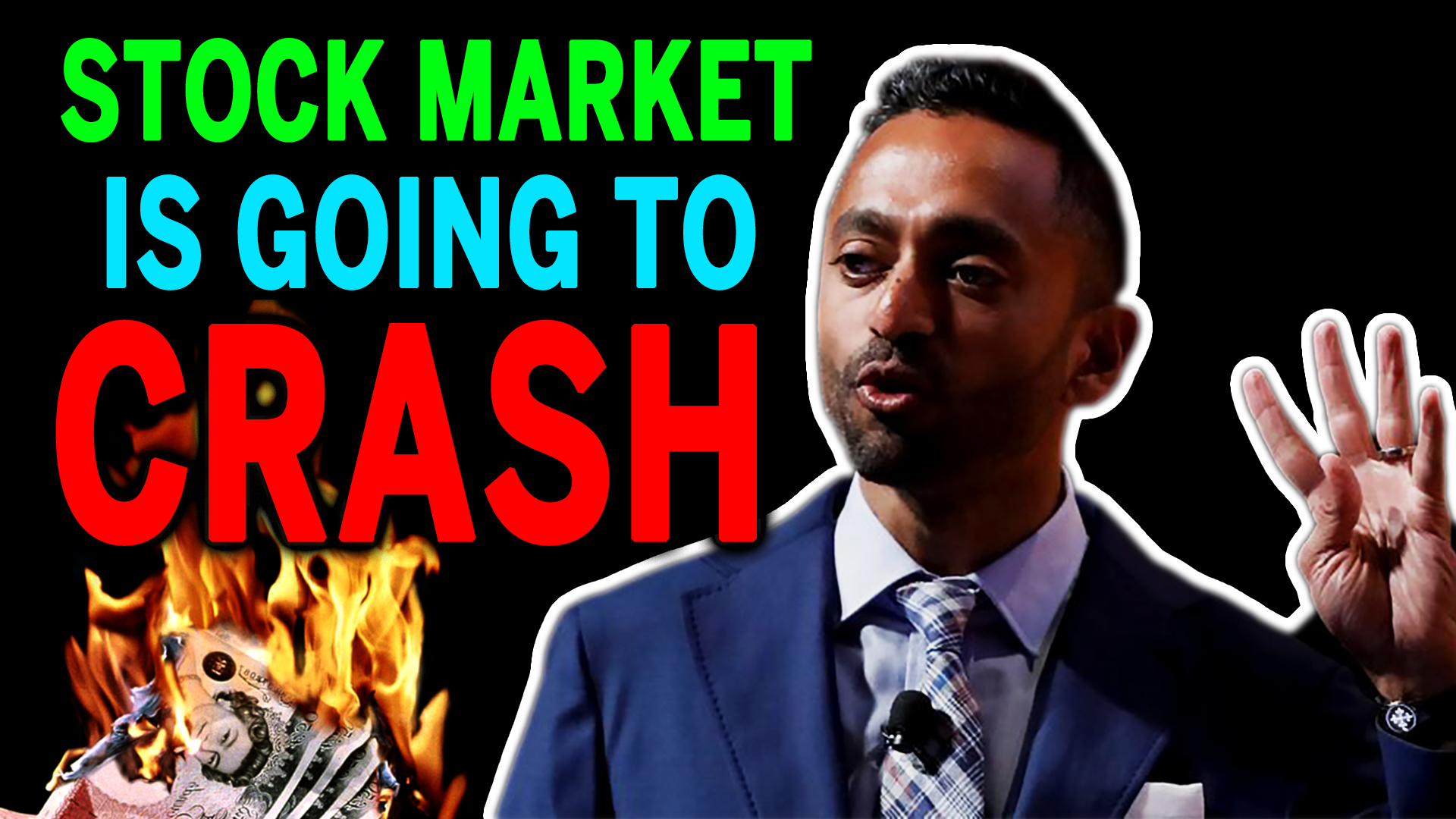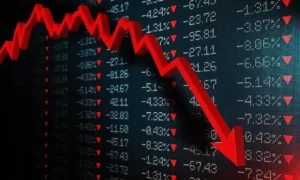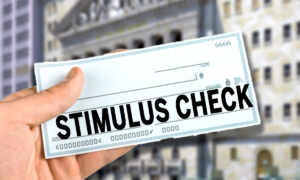
Let everybody recall the infamous pandemic that hit us during the start of 2020. That caused a lot of instability in the lives of people and many people lost their jobs. The entire world was shattered so the stock market was also destroyed.
People were swarming supermarkets to buy toilet paper in stock, markets were getting destroyed and supply and demand became a huge problem. At the beginning of the year, there were close to 30 companies that were expected to file IPOs. The market conditions were generally favorable as they witnessed record highs in mid-January.
I’m a little concerned after seeing similarities between now and 12-months ago in the stock market. In the chart shown you will see how prices are following a near perfect repeat preceding the 2020 plunge. If the correlation continues, we could see a sharp selling event in late February. This could be indicating that something very destructive is going to happen in the stock market pretty soon.
Before moving any further, we need to understand what actually is a stock market crash and how does it affect us.
What is a stock market crash?
A stock market crash is a sudden and significant drop in the value of stocks, which causes investors to sell their shares quickly. When the value of stocks goes down, so does their price—and the end result is that people could lose a lot of the money they invested.
And now lets understand what causes a stock market crash.
A stock market crash is caused by two things: a dramatic drop in stock prices and panic. Here’s how it works. Stocks are small shares of a company, and investors who buy them make a profit when the value of their stock goes up. The value (and therefore the price) of those stocks is based on how well investors believe the company will perform. So, if they think the company they’re invested in is headed for hard times, they sell that stock in an attempt to get out before the value drops entirely.
One big sign of a market crash is that the uneven P/E ratio amongst various stocks. To make things more understandable, PE is the Price per Earning ratio which is calculated by dividing market value of a stock by earning per share. If one company is having an abnormally higher PE ratio than others this means that a company’s stock is over-valued, or else that investors are expecting high growth rates in the future.
How is the stock market affected?
But sometimes overvalued stocks can be harmful to stock markets. Once again we are
at an extremely high level right now relative to the history of the price to earnings ratio for the S&P 500. Right now the P/E ratio for the S&P 500 is about 30 times the earnings or 30 times the profit, So clearly this is quite high. In fact it’s the highest level since the tech bubble of 1999-2000 now for cures the average P/E ratio throughout this entire time period and for this we’re going all the way back to 1955 well the average pe is about 17 times earnings so in theory we want to look at the stock market and say hey it’s about 17x that implies it’s about fairly valued now i do think it might be important for us to look at this and say maybe it doesn’t make sense to go all the way back to 1955.
And here’s why the interest rate for the broader economy the one that’s set by the federal reserve and i know yes many people look at that and say they’re manipulating the market and in one k in many cases that’s true but with lower interest rates well stock prices should be higher so no we can add this is the 10-year treasury yield so what is the yield on the 10-year treasury going back of past few years in this case i went i could find data going back to 1962. So that’s how far back I went.
when interest rates peaked back here in early 1981 I believe it was well that was about almost 16 it was like 15 and three-quarter percent and then just recently well we’re talking one half of one percent .So loosely speaking when interest rates are crazy high well it’s logical that investors would be less inclined to invest in the stock market and therefore broadly speaking the P/E ratio of the S&P 500 should be lower that’s what we see here so if we were to consider the fact that interest rates today are at one of the lowest levels in history well this would in fact imply that more and more people are going to be investing in the stock market because they have to have a place to earn in you can’t really earn interest in banks there’s not a lot of good money in bonds so investing in the stock market is logical plus you’re going to have a lower required rate of return so higher stock prices.
Now let’s discuss, What to do during a stock market crash?
Well, these tips to deal with a market crash could help you. So please be optimistic about these and I would humbly thank you if you embrace these tips very mindfully.
- Avoid panicking
As I would always suggest you not to panic and try to be mindful and peaceful during a crash. Whenever a crash happens in 2021, I will recommend you to practice yoga and meditation. This will help you think optimistically and flush out all the stress.
- Don’t sell shares unless required
Never share your stocks during a market crash due to what others are saying.
Make moves carefully and do what you think is going to be profitable. Always look for the long term trends. Don’t just sell some of your shares due to market repulsiveness.
- Become minimalistic for short period
During a market havoc, I will recommend you be conservative when doing unnecessary spendings. Spend money only on things you think are very necessary. Don’t just spend your hard earned money on things that are unnecessary or materialistic. This is because it could make the situation worse if you lose all your money during a crash.
- Seek help from financial advisor
One good move would be asking for help from a either certified or experienced financial advisor regarding what to do during a crash. A financial advisor will be able to give you the most appropriate advice to make further actions. You could also seek help from a relative, friend or colleague who is knowledgeable about finance.
- Use this strategies
Lastly, You could use these tips to save your money. These are choice based but are not 100% required. I will suggest you to prepare for stock market crashes by diversifying portfolios and shifting to CDs or bonds.






